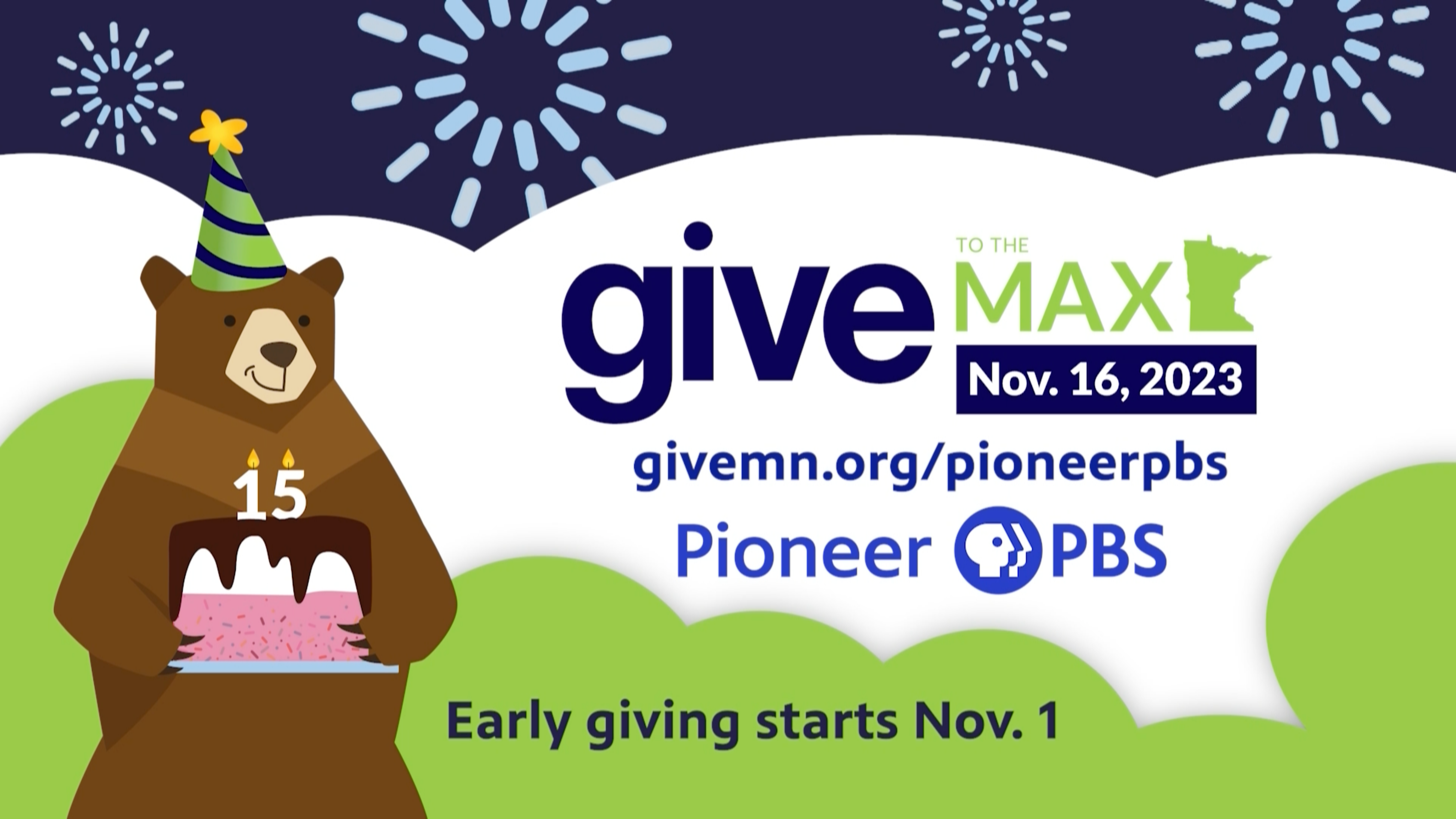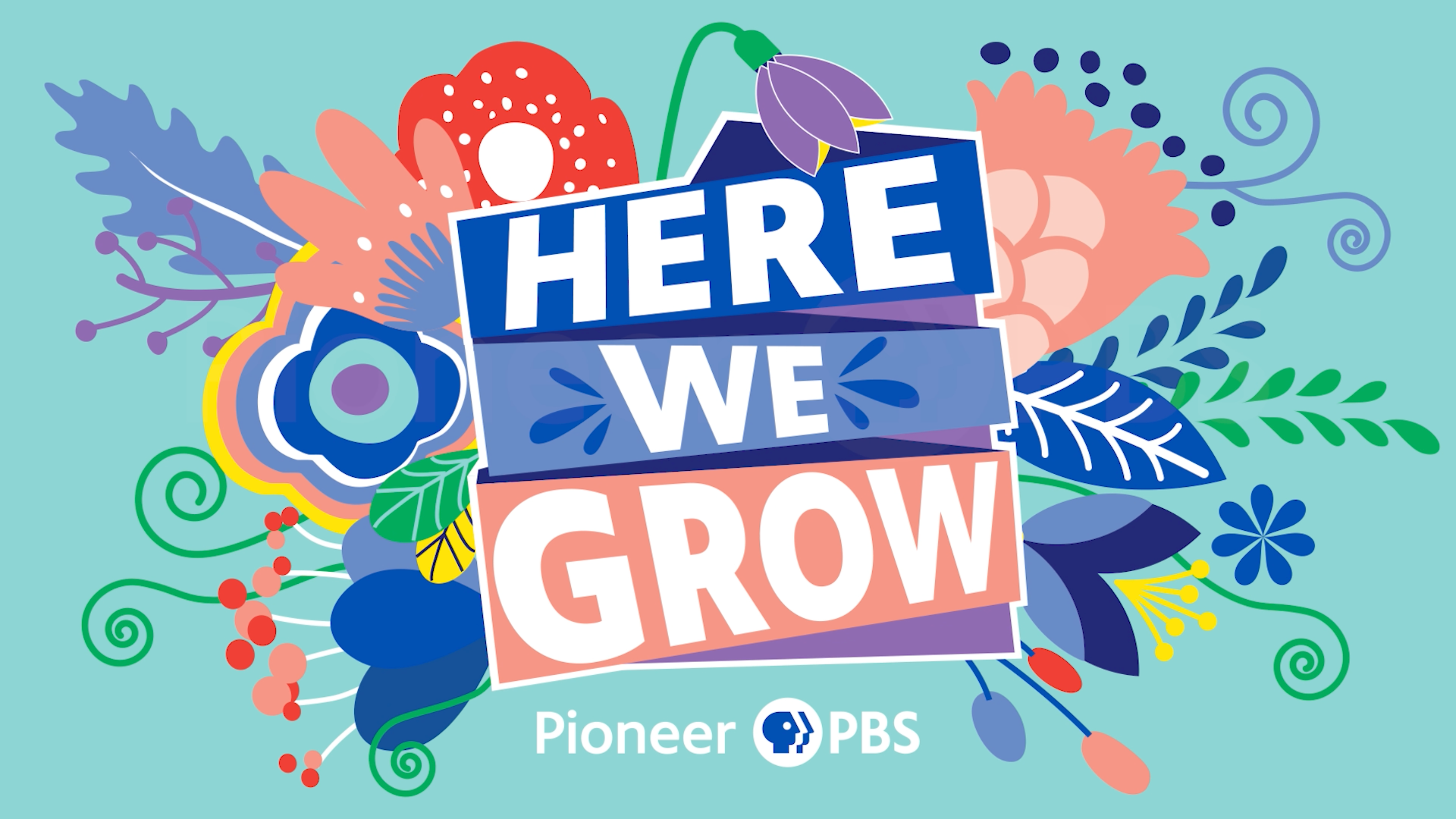#TVFH | Shelly Elkington | Fierce Advocacy
Shelly Elkington jumped headfirst into opioid reform after her daughter died from an accidental overdose.
"I had to do this. I had to help."
Resources
Transcript
Shelly Elkington: Most advocates find themselves in those positions of advocacy because of something very personal that has happened to them and our story is no different.
At the heart of what I do is my daughter, Casey Jo.
We lost Casey in 2015 to her opioid addiction. We just watched her be catapulted into a life that I didn't really know existed. And then after losing her, you're in this really profound grief. I remember reaching out to some people that were working on this already, and they just scooped me up. So I just thought, "I have to do this. I have to help."
The stigma in smaller communities can be difficult. And we see that in the farming communities. And we see that in a lot of different rural industries. We don't wanna talk about addiction. We don't wanna talk about mental health, Some people don't.
One of the things that I think of Casey a lot, it wasn't always so much the addiction that took her life. It was the stigma around it. She was genuinely afraid to bring it up. She felt that stigma, like if she were to ask for help, she would be letting people down.
In fact, she told me that one of the very last thing she said to me through tears on the phone was, "But it's not my fault, Mama." And it was heartbreaking to hear that, because it was nothing was more true. And the only answer I had for her was, "No, it's not."
64,000 Americans died last year. That's unbelievable. If you just think about that number. We're not even talking about the peripheral losses that are coming from this epidemic suicides, homicides, infections. We're widely impacted here in rural Minnesota, but unfortunately, where laws get discussed and worked on is in St. Paul.
I'm in a position where I could be there and I think about there're other people that can't take that time to do that. I mean, I was driving down to St. Paul, sometimes two, three times a week. I drove down there in the polar vortex. I do not recommend that. There was a hearing and I was testifying, it still goes on.
Working on legislation was one of the biggest things I've ever taken on. We worked on passing a bill that was bringing in $20 million to our communities—rural Minnesota, metro areas, everywhere—to help provide resources for the epidemic. This thing took three years in the making. And it was so difficult and so hard, but we did it. On July 1, the governor signs the bill and I'm standing next to him and it was one of the biggest accomplishments I've had.
However, I probably get more satisfaction when I get a Facebook message. From somebody that's made it, that's recovered, and they're taking care of their children. And they're the heroes. It just comes you know, they come out of the blue and they they hit you hard. But that's what Casey would want, that's the stories. I'm happy and so proud to be standing with the governor or standing with the senator and doing the good work we're doing. But those little messages of hope and recovery are the most meaningful.
I think that there's an unintended message that me or other other advocates are anti pain medication and that is simply not true. My daughter was in extreme pain and she needed pain medication. We have a lot of cases where we need to have really effective pain management including pain medications. But we also have so many other alternatives that maybe are being underutilized.
I had a good friend who works in acupuncture, we have a lot of good massage and chiropractic care that has been really effective. Physical therapy. There are groups that are distributing naloxone, that's the overdose reversal agent. Any person can have this overdose reversal agent and use it and you're protected under good samaritan laws. So we've created this in our state a little bit, ahead of the game, if you will. Where the peak of this crisis has come a couple years ago, we were already had that implemented here and it has saved literally thousands of lives.
I still think we have a long way to go when we start talking about working together. The solutions are gonna come from within, the solutions are gonna come when we start questioning our doctors, when we take control of our healthcare, when we start dropping off our unused medications, when we start reaching out to our family members, and our friends and our coworkers and saying I'm here to help you, that's how it'll work.

